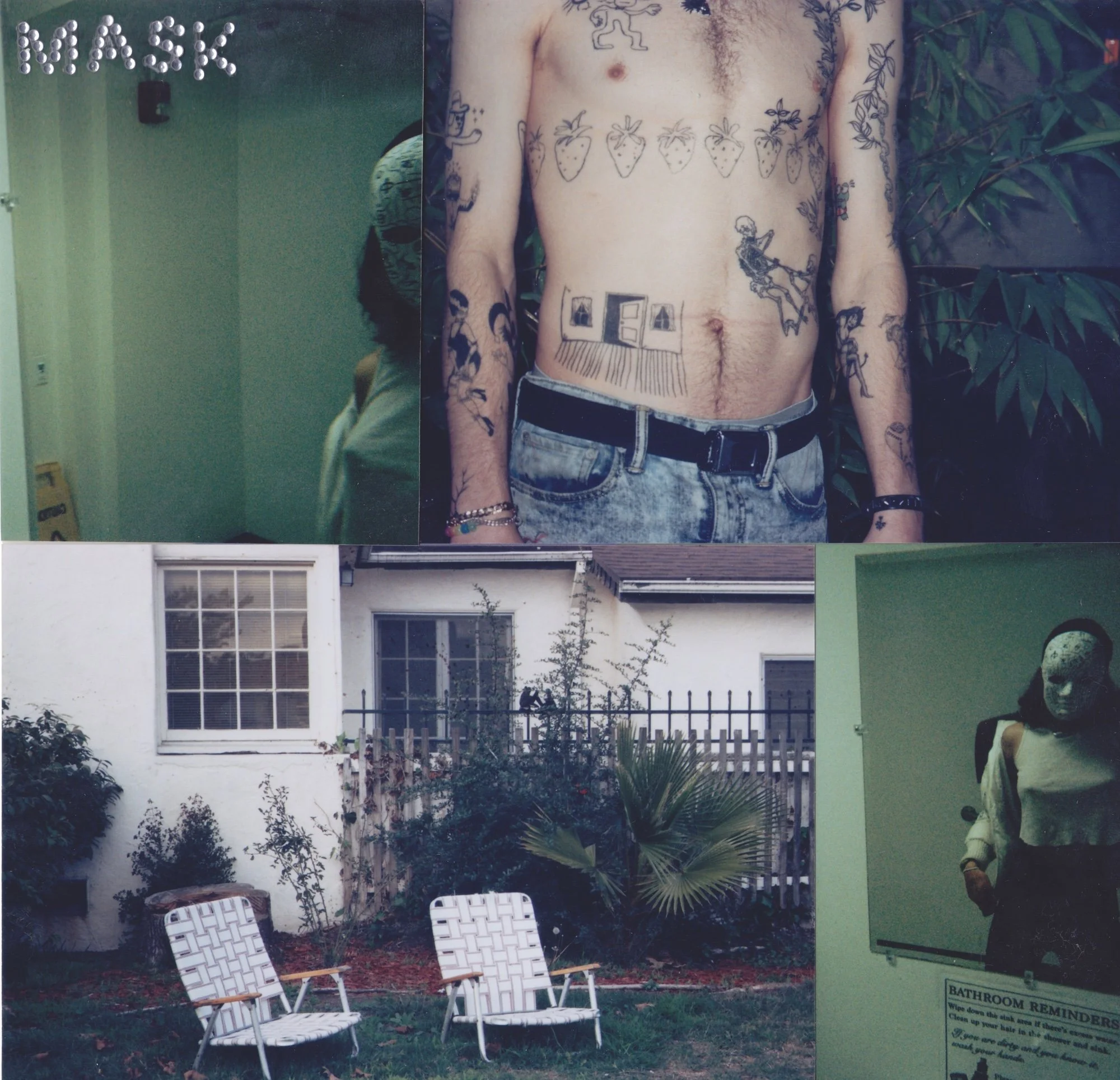Woman Crush Wednesday: Rania Matar
Hellen, Snowmass, Colorado, 2016 © Rania Matar
This series, SHE, is about female adolescence and womanhood across Middle Eastern and American cultures. What made you decide to focus on this time in a woman’s life?
My work is inspired by my daughters as they are growing up and navigating the different stages of their lives. In earlier projects when my daughters were still living at home, I photographed young women in the controlled environment of their bedrooms in A Girl and Her Room. In SHE, I am photographing them in the larger environment they find themselves in once they leave home, the more global and complicated backdrop that now constitutes their lives in transition.
Lea, La Maison Rose, Beirut, Lebanon, 2019 © Rania Matar
What are some of the parallels you noticed between the Middle Eastern women and the American women? How do the environments they are photographed in help portray your message?
When I am working with each woman, she is the most important person to me at that moment. I am not thinking about whether she is Lebanese, Palestinian or American. We are collaborating and building a narrative together. They climb on rocks and trees, jump fully-dressed in dirty water and waterfalls, crawl under thorns, trespass into abandoned buildings, embracing the artistic process and collaboration. Given the space to express themselves, they experiment and go places neither of us thought possible just moments earlier. This work is very much about collaboration, experimentation, performance, empowerment and pushing the limits of creativity and self-expression. And they all rise to the occasion — it is pretty empowering for me as well!
That being said, the women and I carefully pick the environment. It all started when I fell in love with the rural landscape in Ohio where I was doing a residency at Kenyon College. When I took the work to Lebanon, I realized how much the urban textured environment is very much part of the fabric of the city — but also how many of those abandoned buildings, often leftover from the Lebanese Civil War, are important in the collective memory of this younger generation even if they weren't alive during the war. After the explosions at the Port of Beirut on Aug. 4, 2020, new layers of destruction and abandonment have been added to the old ones. I am interested in portraying not only the women's individuality, but also how they confront the environment they find themselves in. Each photograph has its own story!
Alice and Léa, Paris, France, 2019 © Rania Matar
You were born and raised in Lebanon and then moved to the United States. Did this have an impact on your own identity as a young woman?
I am very aware of both my identities. I grew up in Lebanon and moved to the U.S. to go to college. Both identities are very much part of who I am and who my daughters are. I became a photographer to tell a different story of the Middle East, especially after Sept. 11 and the “us vs. them” rhetoric. I was “them” and “us,” and they both made me “me.” Focusing on our shared humanity became very important in my work. As a Lebanese-born American woman and mother, my ethnic background and cross-cultural experiences has since informed all my art. I have dedicated my work to exploring issues of personal and collective identity through photographs of female adolescence and womanhood — both in the U.S. where I live and the Middle East where I am from — in an effort to focus on notions of identity and individuality within the context of the underlying universality of these experiences.
Describe your creative process in one word.
Collaborative.
Farah, Aabey, Lebanon, 2020 © Rania Matar
If you could teach a one-hour class on anything, what would it be?
Portraiture and collaborating with your sitters. How to enjoy the session and the precious shared moment.
What was the last book you read or film you saw that inspired you?
The Neapolitan Novels by Elena Ferrante. They touched on all the issues I am interested in: girlhood, womanhood, growing up, growing old, all within a complicated political backdrop.
Lea, Bechara Al-Khoury Palace, Beirut, Lebanon, 2019 © Rania Matar
What is the most played song in your music library?
“The Show Must Go On” by Queen. Seemed so important this past year.
How do you take your coffee?
Black.
Sarah and Aya, Baalbek, Lebanon, 2019 © Rania Matar







